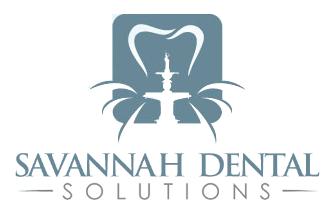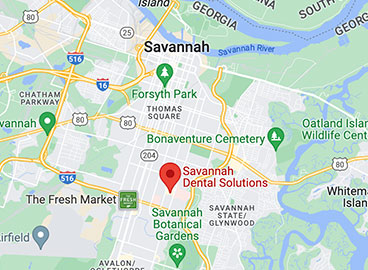Why Are Regular Dental Cleanings (Hygiene Visits) Important?
Your smile communicates confidence, and a bright smile can boost your outlook on life. At our Savannah dentist office, we’re dedicated to bringing out your best smile with top-quality dental cleaning in Savannah, GA. Our professional dental cleanings help prevent tooth decay and maintain healthy gums.
The American Dental Association and Dr. Schnabel recommend routine dental cleanings every six months to prevent gum disease and keep your teeth in top shape. These visits also include a thorough dental exam to catch any issues early, ensuring your oral health stays at its best.
Comprehensive Dental Cleaning in Savannah, GA
Regular dental cleanings are one of the most effective ways to protect your smile and maintain long-term oral health. At Savannah Dental Solutions, our hygienists provide thorough cleanings designed to remove plaque, tartar, and surface stains that brushing and flossing alone cannot reach. Patients searching for dental cleaning Savannah GA can feel confident knowing our office combines gentle care with the latest technology to ensure a comfortable and effective experience. By scheduling routine cleanings, you can reduce your risk of cavities, gum disease, and other dental concerns while keeping your teeth bright and healthy.
Why Choose Savannah Dental Solutions for Your Cleaning?
When it comes to choosing a provider for dental cleaning in Savannah GA, patients often look for more than just basic care. Our team takes the time to personalize each cleaning, paying attention to your unique oral health needs. We use advanced equipment to provide precise results while keeping comfort a priority, even for patients with sensitive gums. In addition to thorough cleanings, our hygienists educate you on at-home care techniques, empowering you to extend the benefits of your appointment. By choosing Savannah Dental Solutions, you’re not only getting a cleaner smile, you’re also building a healthier foundation for years to come.
Frequently Asked Questions About Dental Cleaning
Schedule the First Step Toward Your Healthiest Smile






